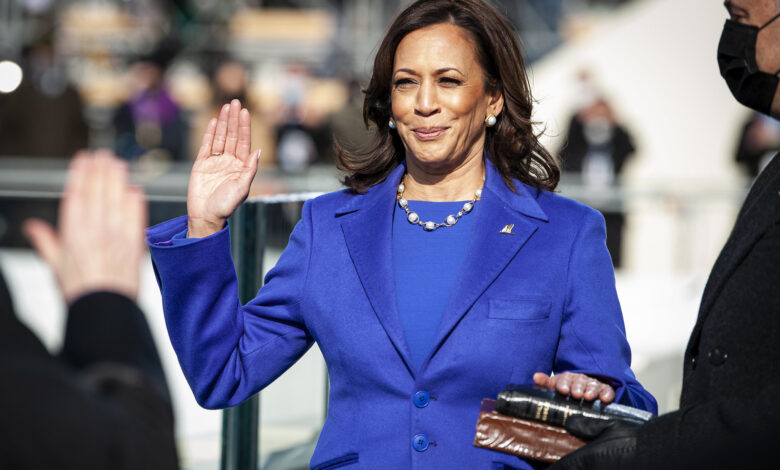
Comparative Analysis: Harris vs. Biden and Trump
The crypto industry in the United States could experience a significant shift in support and policy direction under Kamala Harris’ leadership compared to the current administration led by Joe Biden. Alex Thorn, Head of Research at Galaxy Research, has recently provided a comprehensive policy scorecard on social media platform X. This scorecard juxtaposes the crypto and blockchain policy stances of the Biden administration, the potential Kamala Harris-Tim Walz administration, and the Donald Trump-JD Vance administration.
Thorn’s analysis suggests that while a Trump victory would undeniably be more favorable for the broader crypto industry, a Harris administration could still offer enhanced support compared to the current Biden regime. He describes the potential downside risk of a Harris presidency as ‘limited’ when it comes to crypto regulation.
Digital Asset Classification and Regulatory Stance
One of the critical issues is the classification of digital assets as securities. Under the Biden administration, there has been an ambiguous regulatory stance, leaving the U.S. Securities and Exchange Commission (SEC) to handle these issues on a case-by-case basis. In contrast, the Harris/Walz administration is anticipated to adopt a ‘slightly positive’ stance, based on Harris’ recent statements endorsing innovative technologies such as artificial intelligence (AI) and digital assets.
Meanwhile, Trump has made clear his intention to replace SEC Chair Gary Gensler with someone more supportive of crypto, thus providing a more favorable environment for the industry.
Bitcoin Mining and Taxation Policies
Another significant parameter in the potential policy shift is the stance towards Bitcoin (BTC) mining. The Biden administration has proposed a substantial 30% tax on mining activities, which has been met with criticism from the industry. However, Harris is expected to be ‘slightly better’ than Biden in this regard, given her connections in Silicon Valley and her understanding of technological advancements.
On the other hand, Trump has expressed strong support for Bitcoin mining, perceiving it as a form of domestic manufacturing and pledging that Bitcoin production will be “made in America.”
Self-Custody and Stablecoins Regulation
Regarding crypto self-custody, neither the Biden nor Harris administrations are expected to take an overtly negative stance. Nevertheless, under Biden, the US Treasury has attempted to classify non-custodial wallet providers as money transmitters. In stark contrast, Trump has promised to protect self-custody rights, emphasizing this commitment in a speech in Nashville in July 2024.
The Biden administration has shown interest in establishing formal rules for stablecoin regulation, proposing that only banks should have the authority to issue stablecoins. Harris is likely to adopt a similar approach to Maxine Waters, advocating for stablecoins to be backed by secure reserves such as short-term Treasury bills, with the Federal Reserve and major banks playing a pivotal role in their issuance. Conversely, Trump supports allowing non-bank entities to issue stablecoins, promoting broader participation in the market.
Harris’ Efforts to Engage Crypto Voters
While the general consensus is that a Trump victory would significantly benefit digital asset prices and the broader crypto industry, Harris has made concerted efforts to engage crypto voters. She recently unveiled her economic proposal, pledging to support crypto regulation and digital assets. Additionally, Harris has garnered substantial support from the crypto community, receiving $1 million in political donations from Ripple co-founder Chris Larsen.
Echoing Thorn’s analysis, trading firm QCP Capital has stated that a Harris victory may not be as bearish for crypto investors as some might anticipate. As of now, Bitcoin (BTC) is trading at $66,412, reflecting a 0.8% increase in the past 24 hours.







